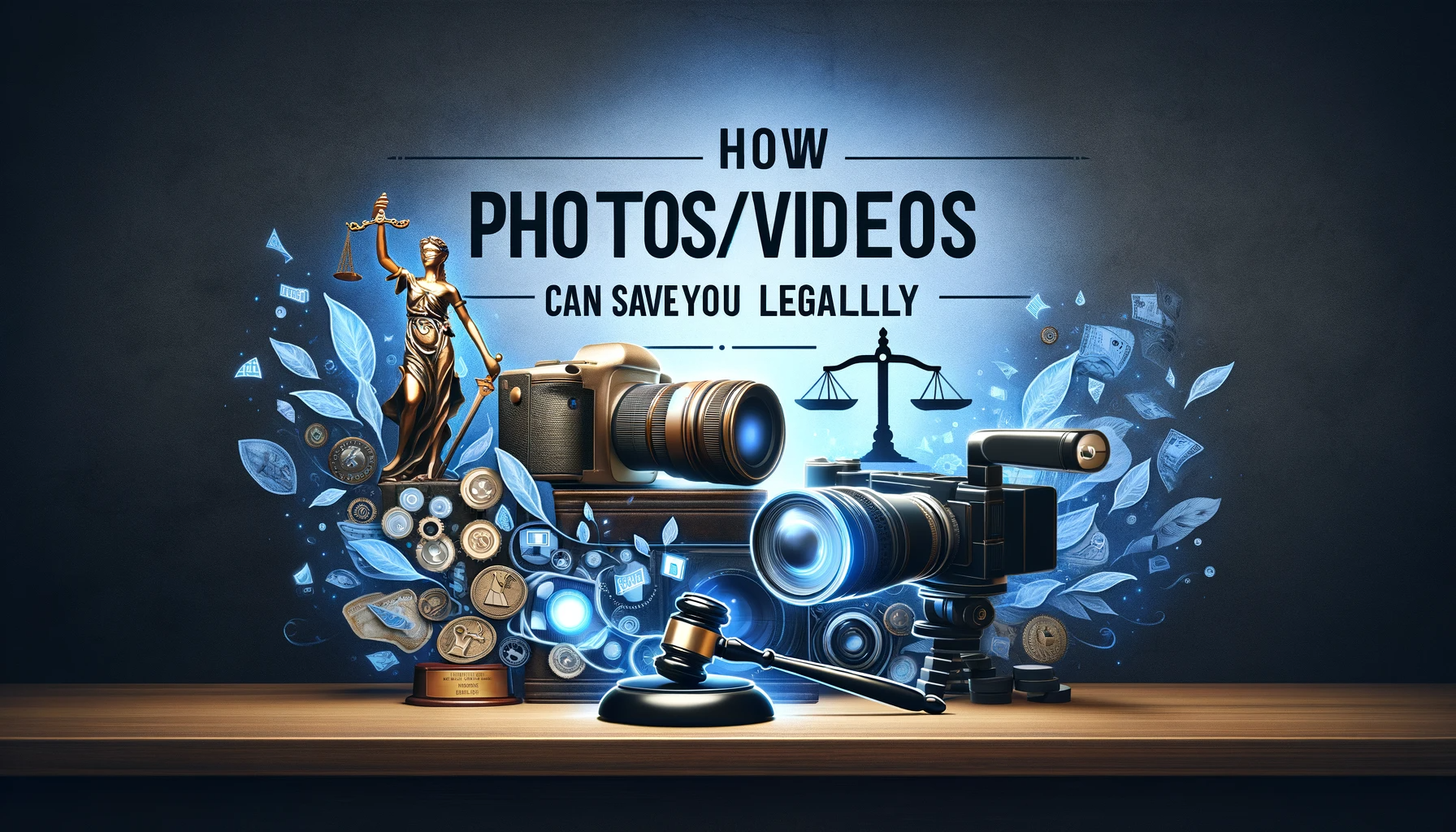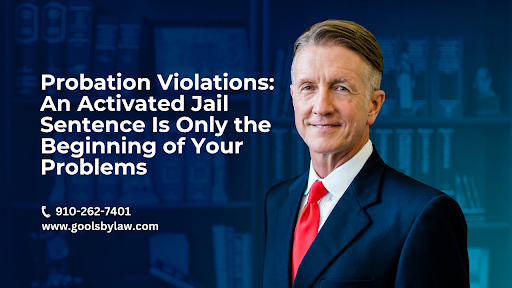Criminal procedures in a trial must protect a defendant’s due process rights. If a defendant who is legally incompetent to stand trial is convicted of a criminal offense, the defendant’s due process rights are violated. A defendant cannot be prosecuted if he or she is incompetent to stand trial.
A defendant is competent to stand trial if he or she has sufficient present ability to consult with his or her attorney with a reasonable degree of rational understanding and if he or she has a rational and a factual understanding of the proceedings.
Whether a defendant is insane at the time he or she commits an offense is not relevant to the issue of whether the defendant is competent at the time of trial.
The fact that a defendant must be medicated in order to stand trial does not necessarily render the defendant incompetent. The government is entitled to administer drugs , including antipsychotic drugs, to the defendant in order to render the defendant competent to stand trial as long as the drugs are medically appropriate and will not cause side effects that will interfere with the defendant’s ability to assist in his or her defense. An important governmental interest must also be present before the drugs can be administered to the defendant. Even though the government has an interest in prosecuting the defendant, the government must also show that it has an interest in granting a fair trial to the defendant. However, the government is not entitled to administer drugs to the defendant in order to render the defendant incompetent to stand trial.
If an issue regarding a defendant’s competency to stand trial is raised before or during a trial, the trial court is required to conduct a separate hearing on the defendant’s competency. The hearing must be held outside the presence of the jury that has been empanelled to decide the defendant’s guilt or innocence. If there is any doubt as to whether the defendant is competent to stand trial, the doubt must be resolved in the defendant’s favor.
A hearing on a defendant’s competency to stand trial assesses the defendant’s competency in accordance with the prevailing legal and medical standards. All evidence that is material and relevant to the defendant’s competence is admissible. But, evidence that refers to the defendant’s guilt or other irrelevant or prejudicial matters is not admissible.
A hearing on a defendant’s competency to stand trial may be conducted even if the defendant does not request the hearing or if the defendant opposes the hearing. The defendant does not waive his or her due process rights by failing to request the hearing. If the defendant is incompetent, he or she cannot voluntarily, intelligently, or knowingly waive his or her due process rights.
A trial court must conduct a hearing when a defendant’s competency to stand trial becomes an issue. Proof of the defendant’s incompetency does not need to be conclusive in order for the hearing to be required. The trial court may grant the hearing even if the defendant or his or her counsel has not raised the issue. The trial court should order a hearing when certain facts or circumstances are brought to the court’s attention that create a reasonable doubt as to the defendant’s competency. Factors that raise the issue of the defendant’s competency include the defendant’s past irrational behavior, the defendant’s demeanor at trial, and the defendant’s prior mental illness. However, the defendant’s problems with alcohol , mental deficiency, or mental and emotional problems do not in and of themselves raise issues of the defendant’s competency.
The prosecution has a duty to disclose information that shows that a defendant may be incompetent to stand trial. If the prosecution fails to disclose such information, the defendant may be entitled to post conviction relief.
When a defendant’s counsel raises the issue of the defendant’s competency to stand trial by a motion, the motion must allege that the defendant is incompetent. Merely filing the motion does not raise the issue of the defendant’s competency.
Before a trial court accepts a guilty plea from a defendant, the court must determine that the defendant is mentally competent. Before the trial court pronounces the defendant’s sentence, the court must also determine that the defendant is mentally competent. An adjudication of guilt as a result of a guilty plea or a jury verdict violates due process if the defendant is incompetent.
The post How is competency to stand trial determined? appeared first on Goolsby Law Firm.










